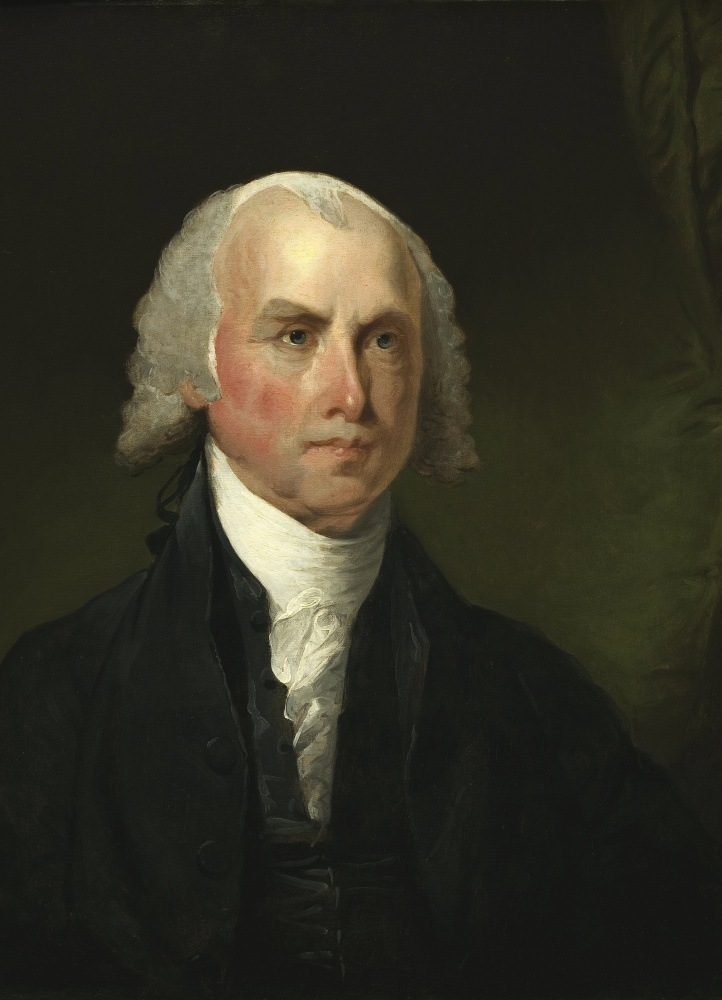WATERVILLE — In his farewell address, Barack Obama compelled public officials to find a sense of common purpose. Don’t hold your breath.
The go-to explanation for gridlock in Congress is polarization and gerrymandering. But a growing pool of evidence suggests a more significant transformation is the culprit.
Whether springing from lifestyle preferences, partisan interests or some mix of factors, the ideological homogenization of American communities has hastened. This process, dubbed “geopolitical sorting,” threatens to cripple Washington.
Bill Bishop, in his 2008 book “The Big Sort,” was the first to chart the steady, systematic transformation of voting patterns. In 1976, for example, he found that fewer than one-quarter of counties in the United States produced a landslide presidential outcome – meaning the winner received more than 60 percent of the vote.
By 2004, that figure had jumped to over one-half.
In the 2016 presidential election a stunning 71 percent of counties had a landslide outcome. Even though the overall outcome was close, there was a blowout in nearly three-quarters of the roughly 3,200 counties (or county equivalents). Hillary Clinton won 199 counties by 60 percent or more, and Donald Trump won a staggering 2,035 by that margin.
A whopping 40 percent of counties yielded a winner who received over 70 percent of the vote.
Flipping it the other way and keeping in mind the additional drag of minor-party candidates, the losing presidential candidate received less than one-third of the vote in an astonishing 62 percent of counties.
For the first time in history, every state that had a Senate race produced a winner that matched the party of the winning presidential candidate.
So Bishop’s sorting has gained speed. And it really doesn’t matter if the root of the change is the shifting voter preferences (so-called “changed minds”) or the conscious decision of movers (“changed places”); the outcome is the same.
But perhaps our notion of “neighborhoods” and “friends” should extend beyond physical location?
Unfortunately, the promise of the internet to broaden perspectives and associations has morphed into echo chambers, blinders and the purifying of sources, arguments and facts. We don’t explore new ideas and perspective, but share, like and retweet concordant ones. We fence in and we fence out.
What does geographic and information sorting have to do with governance? Tons. James Madison reasoned that through balances and shared powers the system would force moderation and incremental change. It would be a stable, safe system, albeit a slow moving one.
It has worked modestly well. Some have always been on the far left, sure, and others on the extreme right. Yet compromise was possible because there was a vibrant center in most states and in enough congressional districts.
While that may still be true at the national level, in a growing number of states and communities the center has vanished.
Consider that 97 percent of House incumbents were reelected in 2016 and only a handful of open-seat contests were competitive. The average margin of victory was 37 percent – up 2 points from the previous election. Only 17 out of 435 House races were decided by 5 percentage points or less.
Today, few lawmakers value moderation. They don’t worry about the next general election, but fret mightily about the ever-looming primary contest. To their base, any whiff of compromise becomes sedition. Lawmakers are, above all, rational.
Even worse, social psychologists tell us that like-minded groups enforce conformity and foster extremism. The more we gather in our ideological bubbles, the more we reject temperance and negotiation.
It is not a surprise that one of the final vestiges of forced moderation, the filibuster, is on the endangered species list.
Madison, making the hard sell for the ratification of the Constitution, argued that one large nation, an extended republic, would keep groups averse to the will of the whole at bay. The common good was more likely to emerge when factions dissolved into a pool of other competing factions.
If not lying awake, Madison is surely tossing and turning in his grave.
Send questions/comments to the editors.


